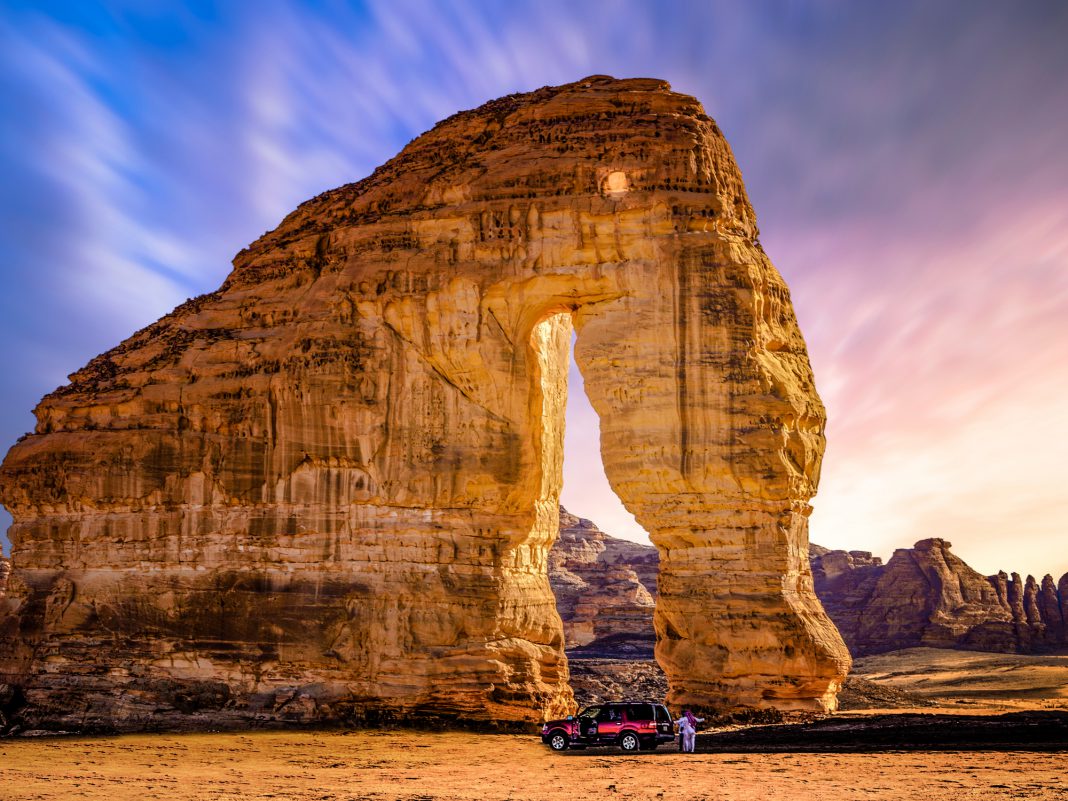The Royal Commission for AlUla (RCU), which is regenerating a vast swathe of north-west Saudi Arabia as a leading global destination for cultural and natural heritage, has been accorded government status by the International Union for Conservation of Nature (IUCN).
This will support RCU’s strategy to conserve nature and wildlife by creating and activating nature reserves to protect ecosystems, fragile habitats and biodiversity; restoring and enhancing degraded ecosystems and ecological processes; and reintroducing native species.
While IUCN government members are primarily at the state level, RCU was granted government membership status in recognition of its commitment to conservation. RCU will now be able to not only draw upon the specialist knowledge of 18,000 IUCN experts, but also provide information on the results obtained from its work in AlUla to a global audience through, for example, attendance at the IUCN annual meetings and quadrennial congresses.
Amr AlMadani, the CEO of RCU, commented: “This announcement is a testament to AlUla’s potential for natural heritage and wildlife conservation. It demonstrates the increasing international recognition that RCU, undertaking a project of immense scale, is a key player in global conservation. We look forward to the increased exchange of knowledge between our two organisations so that the flora and fauna of AlUla can be restored to their former glory through cutting-edge approaches.”
Abeer AlAkel, Chief of Special Initiatives and Partnerships at RCU, said: “Mutually beneficial partnerships are essential to RCU’s strategy. They create a platform for acquiring knowledge, establishing alliances with key scientific stakeholders, expanding our expertise and co-creating initiatives. We welcome international partners such as IUCN that will be with us for the long haul and that share our desire to benefit the citizens of AlUla.”
IUCN was founded in 1948 and has counted Saudi Arabia as a member since 1981. IUCN is the global authority on the status of the natural world and the measures needed to safeguard it.
In recent years it has worked on a number of initiatives in the Arabian Peninsula, including ensuring that key knowledge products such as the IUCN Red List of Threatened Species and the IUCN Green List of Protected and Conserved Areas are integrated into local level planning and regulations.
Last year, RCU and IUCN cemented their partnership with the signing of a three-year cooperation agreement. The agreement is assisting RCU in developing a Protected Area Network with effective and equitable governance of natural resources that provide benefits to both people and nature as it regenerates a territory spanning 22,561 sq km centred on AlUla County.
Specific areas covered by the agreement include enhancing support for effective and equitable governance of natural resources, supporting the implementation of protected areas and natural heritage management through the IUCN’s Green List of Protected and Conserved Areas, supporting the implementation of wild nature restoration and management, and developing education and capacity-building initiatives on conservation and sustainable management of natural resources.
For millennia AlUla has been home to a rich and diverse environment, featuring spectacular landscapes and a wealth of biodiversity from small and beautiful flowering plants that blossom annually after seasonal rains to acacia thickets, specialist animals such as the Nubian ibex and top predators like the Arabian Leopard.
However recent human activity including water-table depletion and overgrazing has resulted in habitat loss and fragmentation, with detrimental consequences for local species. RCU, established by Royal Order in July 2017, is protecting and enhancing the region’s cultural and natural assets.


